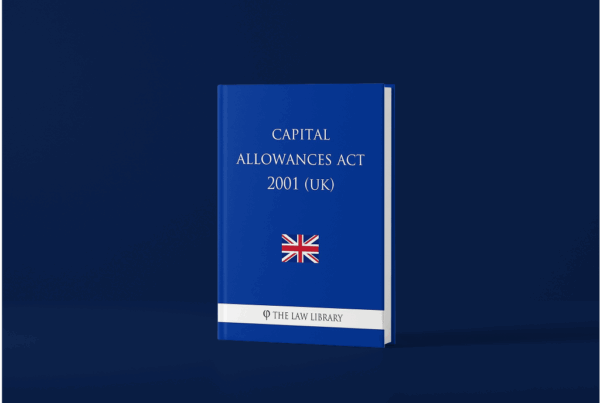The recent Corporation Tax Statistics published last quarter has proven itself to be a testament to the resilience and adaptability of the UK’s economy.
The figures paint a vivid picture of an economy in flux, influenced by a global pandemic, innovative tax adjustments, and shifting industrial contributions. Here’s our comprehensive breakdown and analysis of the data.
Robust Recovery in Corporate Receipts
The year-on-year increase of £17.3 billion (26%) in total Corporation Tax (CT) receipts for the financial year 2022 to 2023 marks a significant uptick from the £67.4 billion recorded the previous year. A significant part of this can be attributed to the country’s resilient recovery from the pandemic. A sharp rise in offshore receipts and the inauguration of the Energy Profits Levy (EPL) further catalyzed this growth.
Interestingly, the Financial and Insurance sector, inclusive of the Bank Levy and Bank Surcharge, emerged as the leading contributor, pulling in £18.4 billion, which represents 22% of the total CT receipts. This shows the financial sector’s fundamental role in the UK’s fiscal framework.
Surging Industry Contributors
The statistics’ experimental breakdown by Standard Industrial Classification (SIC) of economic activity yielded intriguing results. The Mining and Quarrying sector witnessed a staggering 370% increase from the previous year, pulling in £10.6 billion or 13% of total receipts. This surge was primarily powered by high oil and gas prices boosting energy company profits.
The Wholesale and Retail Trade sector also had a notable presence, contributing £8.7 billion or 10% of total receipts, reflecting the country’s recovering consumer confidence.
Pandemic Aftermath & Corporate Liabilities
A silver lining in the aftermath of the pandemic is evident in the CT liabilities. The data revealed an impressive growth in CT liabilities from £51.5 billion in 2020-2021 to £64.5 billion in 2021-2022. While the previous years saw a plateau, the surge demonstrates the country’s economic resilience.
Moreover, this surge wasn’t merely a statistical recovery. A 23% increase in trading profits fuelled it, underlining the genuine commercial vitality post-pandemic.
Diverse Industrial Contributions & Liabilities
The Financial and Insurance sector once again topped the chart in CT liabilities, contributing £15.4 billion or 24% of the total. The analysis interestingly showed that this significant chunk of contribution came from just 2.8% of companies that paid CT.
In terms of growth, the sectors most adversely affected by the pandemic, including Mining and Quarrying and Accommodation and Food, showcased commendable turnarounds. Their impressive growth figures for 2021-2022, after facing sharp declines the previous year, underscore the sector’s resilience.
A Tale of Corporate Giants
It’s noteworthy that the majority of CT liabilities stem from a tiny fraction of companies. About 5,400 companies (representing a mere 0.4% of all tax-contributing companies) shouldered 56% or £36.4 billion of total CT liabilities. This highlights the significant tax contributions made by the country’s corporate giants.
The Super-deduction Impact
The introduction of the super-deduction capital allowance for the fiscal year 2021-2022 seems to have made a mark. By offering companies the ability to deduct up to 130% of the value of an item in the first year, the UK government provided a lucrative incentive for businesses to invest. It’s no surprise that this resulted in a 20% increase in total capital allowances claims, with the super-deduction contributing a whopping £30 billion or 26% of the total.
The Corporation Tax statistics for 2023 showcase a UK corporate landscape that’s not just recovering but thriving, bolstered by strategic tax adjustments and sectoral shifts. It underscores the importance of agile fiscal policies in navigating economic challenges, at HMA Tax, we remain optimistic about the continued growth and adaptability of the UK economy.

James Telling
Head of Developments & Acquisitions
If you own a commercial property and would like to find out more about how your business could improve its tax situation, please call James on 01384 904090 or email james@hma.tax for more information.




